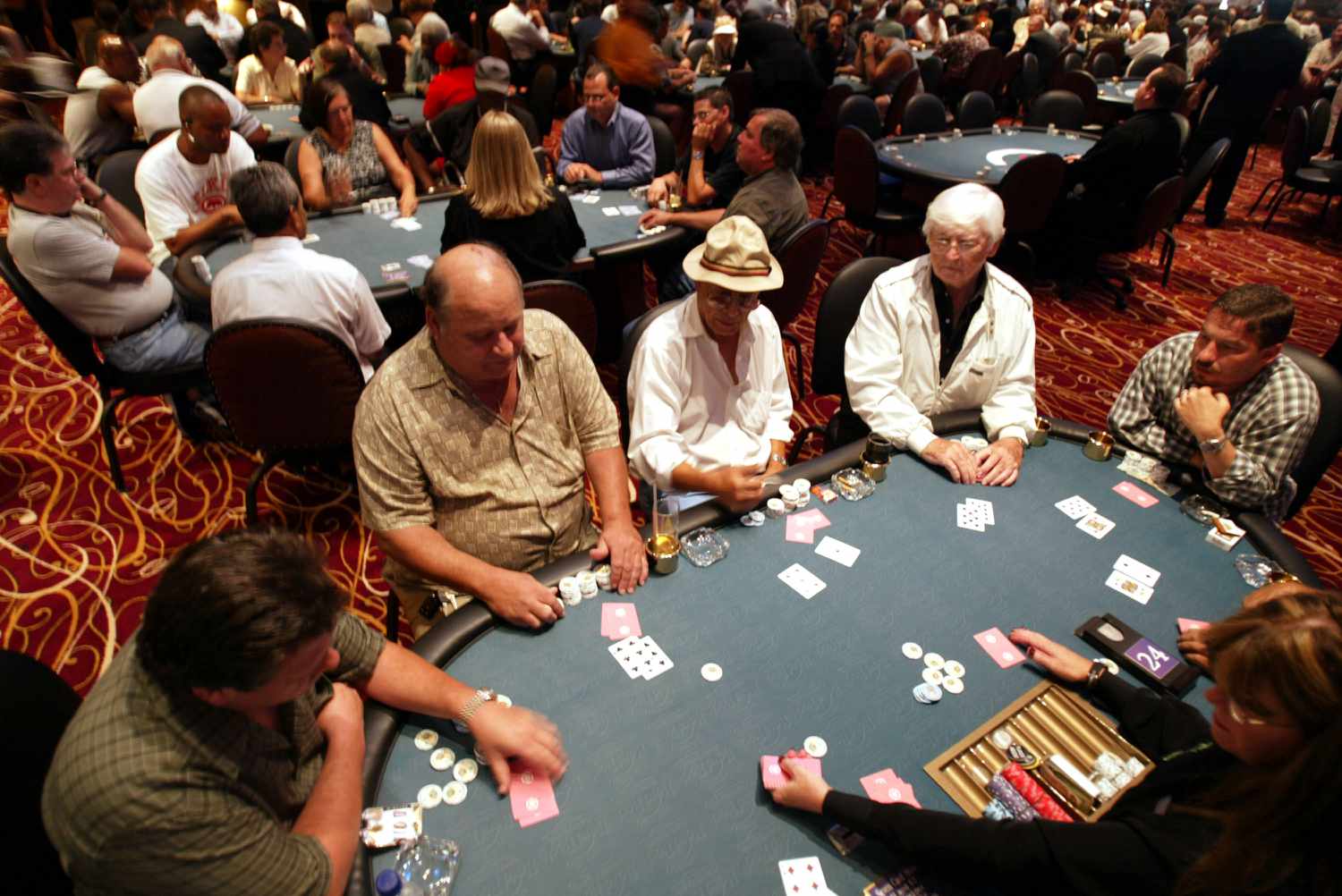The Metaverse is an exciting, rapidly evolving virtual universe that merges physical and digital experiences into a seamless online space. As technology advances, many industries are looking to integrate their services into the Metaverse, and the gaming industry is no exception. The concept of developing slot games for the Metaverse is gaining traction, offering both developers and players a new frontier for interactive and immersive experiences. In this blog post, we’ll explore how slot games are making their way into the Metaverse and how SDLCCorp’s expertise can help bring these innovative ideas to life.
1. What Is the Metaverse and Why Is It Important for Slot Games?
The Metaverse is essentially a collective virtual shared space, created by the convergence of virtually enhanced physical reality and the persistent virtual reality spaces where users can interact with each other in real-time. This immersive 3D universe is powered by technologies like virtual reality (VR), augmented reality (AR), blockchain, and the Internet of Things (IoT), allowing users to fully engage with a digital world.
For online casinos and game developers, the Metaverse offers an entirely new avenue for slot game experiences. Instead of traditional online gaming, players can immerse themselves in virtual environments where slot machines exist as part of larger casino landscapes. The concept goes beyond just playing games on a screen; it enables users to interact with the environment and other players in real time.
This means that slot games in the Metaverse could incorporate physical movement, social interaction, and personalized in-game assets, making the gaming experience even more dynamic and engaging.
2. How Blockchain Technology Enhances Slot Games in the Metaverse
One of the core technologies that power the Metaverse is blockchain, which has a significant impact on how online slot games function within it. Blockchain offers several benefits for the Metaverse, particularly in slot game development. Here’s how blockchain is enhancing slot games in the virtual world:
- Transparency and Fairness: Blockchain technology ensures the integrity and fairness of slot games by providing a transparent and immutable ledger. Players can trust that the results are not rigged or manipulated, as the transactions and outcomes are stored in a decentralized ledger.
- Cryptocurrency Integration: Blockchain allows for seamless integration with cryptocurrencies like Bitcoin, Ethereum, or stablecoins, making transactions secure, fast, and transparent. Players can easily deposit, withdraw, and gamble using digital currencies, enhancing the gaming experience.
- Provably Fair Mechanisms: With blockchain, developers can integrate provably fair algorithms into slot games. This allows players to verify the fairness of the game and the results, offering a level of trust that traditional slot games can’t match.
One of the biggest trends is Blockchain Casino Game Development which brings blockchain technology to the forefront of game development. SDLCCorp specializes in building blockchain-powered slot games for the Metaverse, ensuring that your game is not only innovative but also secure, fair, and transparent. For more on this, check out our Blockchain Casino Game Development.
3. Creating Immersive Slot Game Experiences in the Metaverse
The Metaverse is a highly interactive and immersive environment, which means that slot games designed for this space must take full advantage of this. Here’s how developers can create immersive slot game experiences within the Metaverse:
- Virtual Reality (VR) Slot Machines: VR can be used to enhance slot games by making them fully immersive. Players can step into a 3D virtual casino and play on fully rendered slot machines. The experience can include visual effects, sounds, and even tactile feedback through haptic devices, making the game feel real.
- Augmented Reality (AR) Integration: AR can further enhance the slot gaming experience by allowing players to interact with virtual slot machines in their real-world environment. Using AR glasses or mobile devices, players could see virtual slot machines appear in their living rooms or office spaces, providing a unique and personalized experience.
- Social and Interactive Features: Slot games in the Metaverse could integrate social features, such as multiplayer slots where players compete or cooperate with each other. Players could chat with others in real-time, form virtual gambling clubs, or even customize their avatars for a more personalized experience.
To make these immersive experiences possible, developers must create games that not only look realistic but also interact with players in meaningful ways. Technologies like Unity, Unreal Engine, and WebGL can be used to build rich, 3D environments for slot games within the Metaverse.
4. The Role of NFTs and Collectibles in Slot Games
NFTs (Non-Fungible Tokens) are playing an increasingly important role in the development of Metaverse games, including slot machines. NFTs are digital assets that are unique and cannot be replicated, making them ideal for creating virtual items in games. Here’s how NFTs can be integrated into slot games:
- NFT-Based Prizes: Players could win unique NFTs as prizes in the form of collectible items, such as limited edition avatars, skins, or in-game assets. These NFTs could even be traded or sold, adding an extra layer of excitement and value to the gaming experience.
- Customizable Slot Machines: Developers can create customizable slot machines where players can buy, sell, or trade unique designs and features as NFTs. This introduces an element of ownership and personalization to the slot gaming experience, making it even more immersive and player-centric.
- Reward Systems: NFT-based reward systems could allow players to earn unique tokens for completing achievements or reaching certain milestones within the game. These tokens can be used to unlock special features or enhance gameplay.
Integrating NFTs into slot games could help boost player engagement, offering new ways for players to participate in the game economy and potentially profit from their gaming experience.
5. Challenges and Opportunities in Developing Slot Games for the Metaverse
While developing slot games for the Metaverse presents a range of opportunities, it also comes with its own set of challenges. These include:
- Technical Challenges: The Metaverse requires complex and high-performance game engines, advanced 3D rendering, and seamless networking to deliver a smooth and engaging experience. This can be resource-intensive, requiring expertise in game development.
- Regulatory Considerations: Developing slot games for the Metaverse must also account for varying regulations across different jurisdictions. Developers must ensure that their games comply with local gaming laws, particularly around gambling, data privacy, and consumer protection.
- User Experience (UX): The success of a slot game in the Metaverse depends on the quality of the user experience. Creating intuitive controls, engaging gameplay, and rewarding mechanics is crucial to ensuring that players keep coming back.
However, these challenges also present opportunities for developers to innovate, push the boundaries of what’s possible in virtual gaming, and offer players new forms of entertainment.
Conclusion
Developing slot games for the Metaverse opens up a world of possibilities for both players and developers. By integrating blockchain technology, immersive VR/AR environments, NFTs, and social features, slot games can offer an entirely new way to engage with virtual casinos. As SDLCCorp leads the way in Blockchain Casino Game Development, we are helping to shape the future of online gambling and Metaverse gaming experiences. With our expertise, your slot game development can be both innovative and compliant with the latest gaming technologies. The future of gambling in the Metaverse is here, and it’s up to developers to make it as exciting and immersive as possible.

